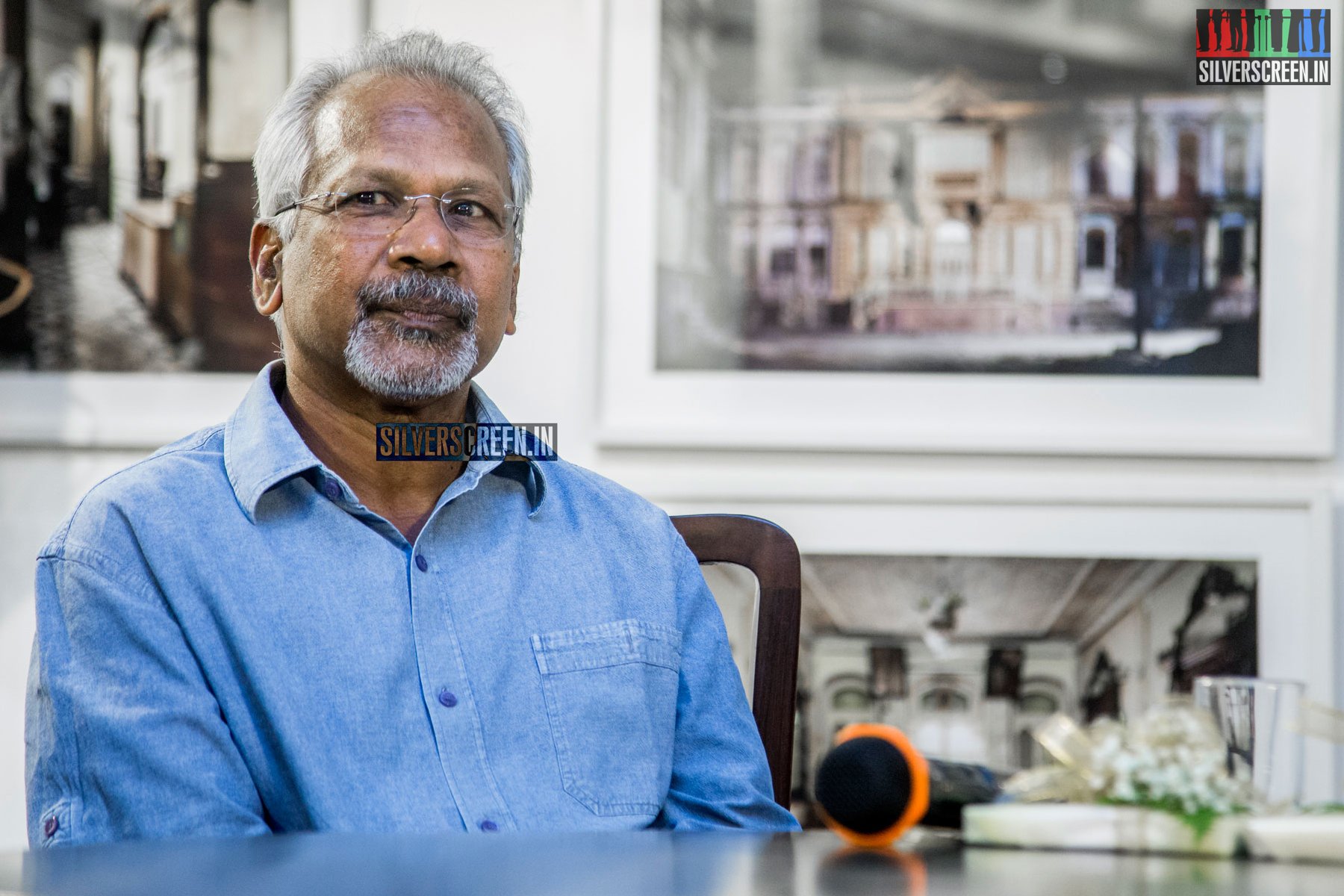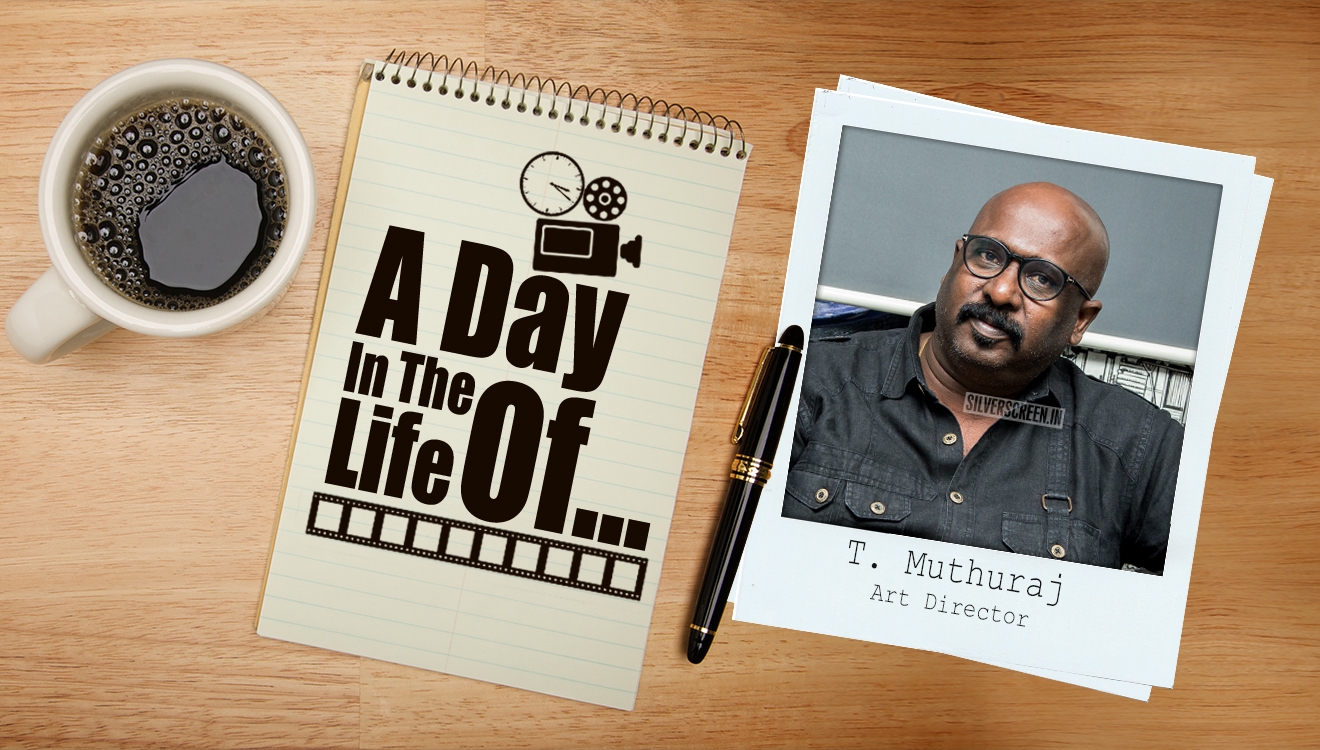Parched is about unrepentant female solidarity. Set in a remote village in Rajashthan, it has none of the flaws of women-centric Indian cinema. Women don’t smoothly bond across social divides, men aren’t simply good or bad feminists, and characters don’t frequently lapse into talking feminism at the camera.
Instead, Parched lets its characters organically discover their own personal brand of feminism. And it’s one that would astonish the mainstream urban viewer.
*****
The three protagonists — the widowed Rani (Tannishtha Chatterjee), the wife Lajjo (Radhika Apte), and the dancer Bijli (Surveen Chawla) – are suffocated. By the men, the heat, and the age-old traditions that require them to be clothed from head-to-toe through an unrelenting summer. They fan themselves vigorously, and find a bus ride enchanting — it’s a means to escape the men, and the restrictive environs they live in.
Rani’s widowed status gives her little respite. Her 17-year-old son, Gulab, is becoming the kind of man she does not approve of. He drinks, visits brothels, and has no respect for women. Initially, maternal love overpowers good sense. And she doesn’t intervene. Her life is governed by society. Among the three, she is certainly the most rigid. As a result, she toes the lines and is in her own words — “a well that has dried up”.
Lajjo too does little to improve her lot. She is married to a man who has ample kindness for everyone, except her. He berates her for her infertility, and beats her. Through all the abuse, Lajjo stays with him, resigned to her life.
Rani and Lajjo think of this behaviour as par for the course. When a village panchayat sends an abused woman back to her in-laws, they do nothing. They believe they can do nothing.
Seemingly, the most liberated of the trio is the glamourous Bijli. She is a dancer, and as such, free from matrimonial bonds. She lives on her own terms, chooses the clients she wants. But she too learns that her freedom is illusory; when a younger woman usurps her throne.
*****
And so, parched, applies to all three women. Like the land they live in, Rani, Lajjo, and Bijli are starved for affection, denied their rights, and don’t know what true freedom means. In a beautiful scene, Rani and Lajjo touch each other. And it’s unexpected – for them, and the viewer. Another intimate scene, involving Adil Hussain (at his shaggy-haired mystic best), is equally moving. He initiates Lajjo into a whole new world. But first, he salutes her womb.
Scenes like these make Leena Yadav’s Parched a fantastic film. The plot of three women battling the shackles of patriarchy may seem like a new gen update on Smita Patil classics like Mirch Masala and Bhumika, but Yadav makes it energising, fist-bumping, and current. Bijli’s character contributes much to that. She frequently nudges her friends towards more liberating environs. In one such sojourn (on a fluorescent automobile), she wonders why all epithets seem to invoke women. She replaces these references to daughters and mothers with ones that use brothers and fathers.
Then Rani, Lajjo, and Bijli shout these invectives from the top of a fort. And it’s glorious.
*****
At times, Yadav’s filmmaking is a little cliché (like her use of the Dussehra festival sequence to make a good and evil point). But, the film is utterly fresh because of the unique way the characters have been written. The way the men in the film aren’t villains. There’s Adil Hussein’s mystic, who gives Lajjo and Bijli a new lease in life. Or the tall Kishen, who makes that life financially secure.
There’s also Rani’s mysterious Shah Rukh Khan. A 40-year-old who courts the unyielding widow through her ‘vibrating’ cell phone, and brings some sunshine into her bleak life.
*****
Cinematographer Russell Carpenter (Titanic, Ant Man) uses a palette that ranges from the earthy tones that suffuse Rani and Lajjo’s homes to the saturated ones of Bijli’s glitzy life. It’s never jarring, and harmonises beautifully with the drama unfolding on screen.
Yadav’s screenplay, with Supratik Sen, also deserves particular mention. It is a joy to listen to these women talk, gossip, and squabble, as they discuss issues far and wide. Lajjo doesn’t know that men can be barren. Rani knows nothing of sexual gratification and calls Bijli a liar when she talks about a really good customer experience.
*****
Most of all, there’s balance. The film never preaches, never tries to characterise budding feminists. Yadav recently told an interviewer, “We (in the cities) think we’re progressive, but we’re actually more guarded. These women [from villages in Rajasthan] speak of sex as a basic need and are so much more honest.” Yadav is careful to keep both the contradictions and the openness of their voices alive. These are women who have long been subjugated by the gendered shackles of their culture. And the opinions of this rural culture are mirrored right back through them, at various stages of the film.
Rani loves Bijli, but doesn’t want her at her son’s wedding. She constantly berates her daughter-in-law, Janaki, for having short hair. She embraces misogynistic views, and does to Janaki what was done to her by her mother-in-law. And she doesn’t think twice about it. Eventually though, she moves away from this attitude, and embraces her own version of freedom.
Recommended
For Lajjo, freedom comes with the knowledge that she isn’t barren. For Rani, it comes with a series of actions that finally allows her to live life for herself. And for Bijli, freedom comes from turning her back on a lifestyle that does nothing for her.
And therein lies the triumph of this film.
*****
Where overtly feminist films are riddled with politically correct preaching and unblemished solidarity, Parched is rooted in an organic storytelling where three Indian women find their own brand of feminism. This is what makes Parched a fulfilling, authentic film; not one that simply ticks generic boxes.
And for that alone, one is inclined to forgive the film’s producer, Ajay Devgn, for years and years of misogynistic films.
*****
The Parched review is a Silverscreen original article. It was not paid for or commissioned by anyone associated with the movie. Silverscreen.in and its writers do not have any commercial relationship with movies that are reviewed on the site.



